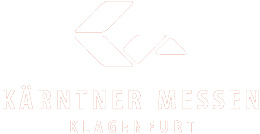Andreas Starzacher
For us, as the Carinthian Economic Development Fund, it is essential to build and support strong value creation networks in the region. We promote the development of innovations and new business models emerging from collaboration between companies, research institutions, and educational establishments. The circular economy and recycling industry offer many opportunities in the context of new regulations and at the interfaces between collectors, processing, converting, and product development.










